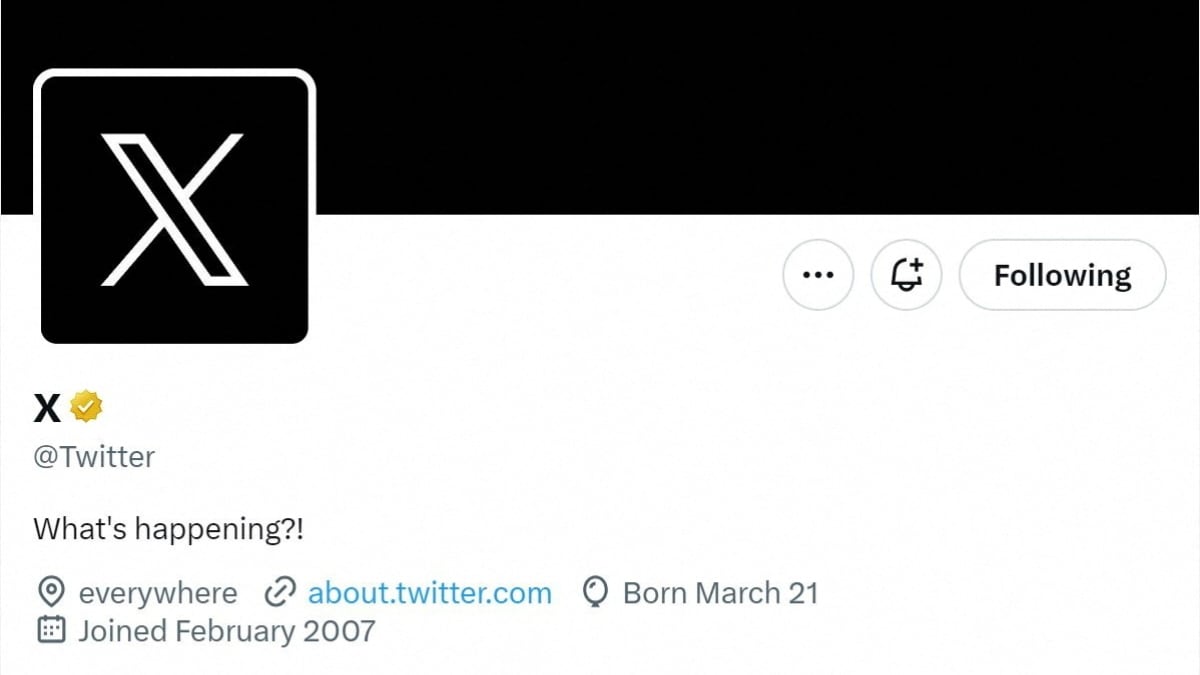Twitter was recently rebranded as X by owner Elon Musk. On Friday, Musk claimed that the social media platform reached “new heights” with more than 540 million monthly users as compared to the reported 229 million monthly active users in May 2022. Musk took over the site in November 2022, and has since made several changes including laying off almost 50 percent of the firm’s workforce and appointing Linda Yaccarino as the CEO. This rebrand is the latest among all of Musk’s changes and riptides, as Twitter continues to struggle with its advertisement revenue.
Between talks of the patent rights of the letter X, the mobile application icon for Twitter on both Android and iOS platforms has changed to ‘X’ with an update. Now, the content shared by users, previously known as tweets, are now called posts. The Twitter 10.1.0-beta.1 version now appears on some Android devices at ‘X Beta,’ although the apk file is still called com.twitter.android. Even on Apple’s iOS handsets, the update appears with the new logo but the old name.
X for Android has also changed the “Tweet” option on the bottom right corner of the homepage to “Post,” which suggests that Musk’s idea of rebranding is to do away with all things old and essential of Twitter. Each step is closer to achieving his dreams of building “the Everything App.”
It is likely that Musk’s rebrand train may face a few legal roadblocks. The alphabet or the symbol X is very widely used and it could be a potential legal point of conflict. Case in point, its rival social media platform Facebook-parent Meta Platforms owns a 2019-registered federal trademark registered which covers a blue-and-white letter “X” for fields including software and social media. Even Microsoft has owned an X trademark since 2003 with regard to communications about its Xbox video-game system.
Experts say that the companies are likely to not sue unless they feel threatened that Twitter’s X “encroaches on brand equity they built in the letter.” Notably, even Meta faced legal backlash from investment firm Metacapital and virtual-reality company MetaX when they changed their name from Facebook to Meta and later settled over its infinity-symbol logo.
For the latest tech news and reviews, follow Gadgets 360 on Twitter, Facebook, and Google News. For the latest videos on gadgets and tech, subscribe to our YouTube channel.
Elon Musk, Twitter, X, Tesla, Social Media, Meta, Threads, Instagram, Facebook, Android, iOS
Check out our Latest News and Follow us at Facebook
Original Source

